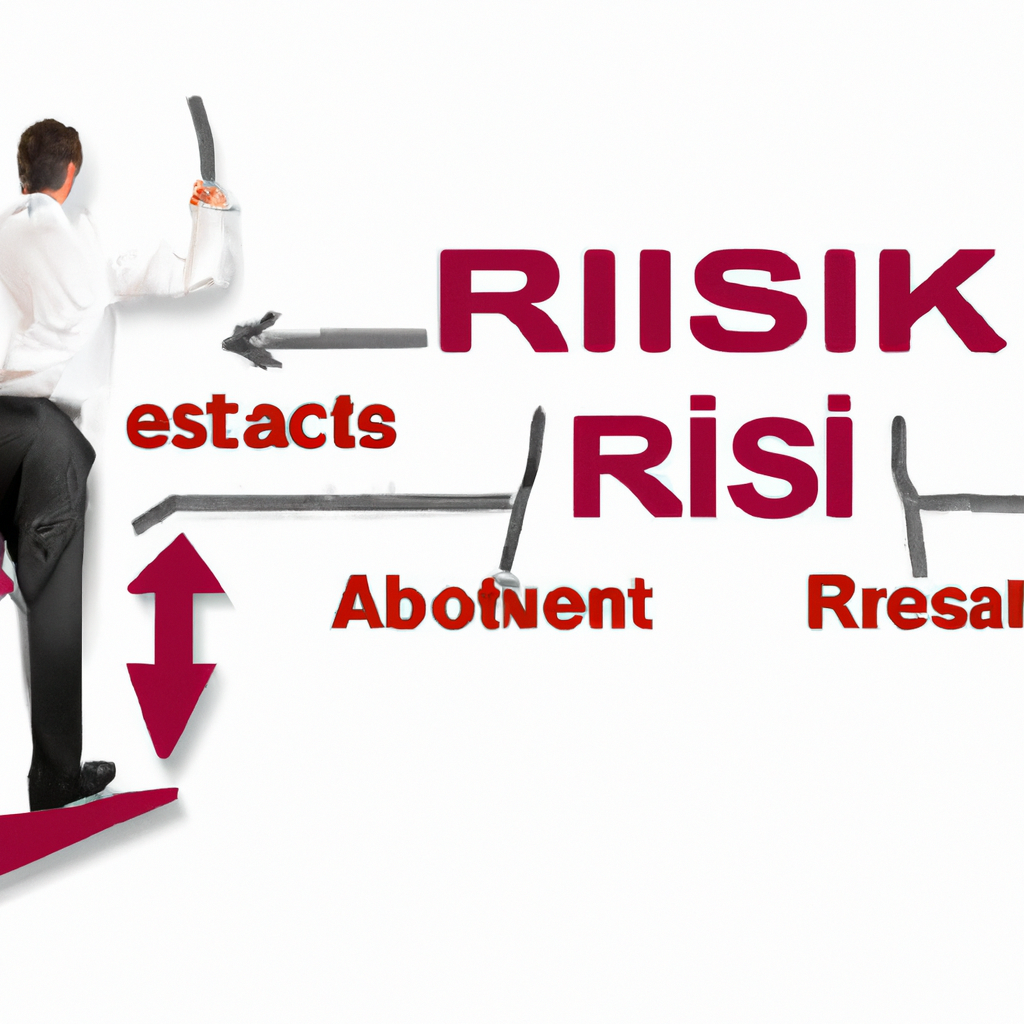Risk Management in Investing
Understanding Risk in Investing
Investing in financial markets always involves some level of risk. The key to successful investing is managing and mitigating these risks to protect your capital and potentially earn a return on your investment.
Types of Risks in Investing
Market Risk
Market risk refers to the possibility that the value of your investments will decrease due to changes in the overall market conditions, such as economic downturns, political instability, or natural disasters.
Interest Rate Risk
Interest rate risk is the risk that changes in interest rates will affect the value of your investments, particularly fixed-income securities like bonds. When interest rates rise, bond prices tend to fall, and vice versa.
Credit Risk
Credit risk is the risk that the issuer of a bond or other debt security will default on its payments. This can result in a loss of principal for the investor.
Strategies for Managing Risk
Diversification
Diversification is the practice of spreading your investments across different asset classes, industries, and geographic regions to reduce the impact of any single investment on your overall portfolio.
Asset Allocation
Asset allocation involves dividing your investment portfolio among different asset classes, such as stocks, bonds, and cash, based on your risk tolerance, investment goals, and time horizon.
Stop-Loss Orders
Stop-loss orders are instructions to sell a security if it reaches a certain price, helping to limit potential losses in case the market moves against you.
Conclusion
Effective risk management is essential for successful investing. By understanding the types of risks involved in investing and implementing strategies to mitigate them, you can protect your capital and potentially achieve your financial goals.


